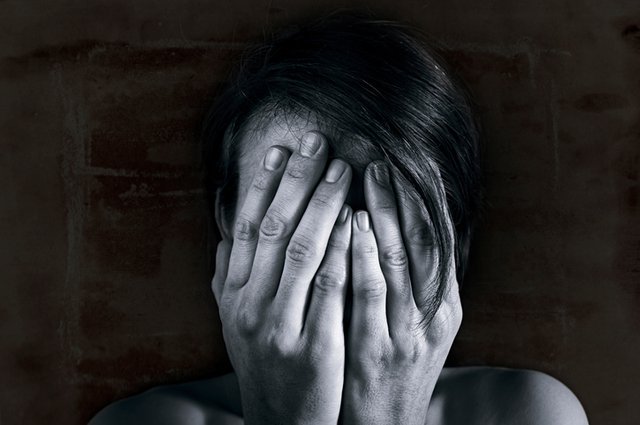Guilt and Self-Destructive behaviors are frightening and can result in a sense of being out of control. You may also feel guilty and ashamed for your actions. To overcome these feelings, you need to understand what triggers these behaviors. Working with a therapist can help you identify these triggers and find new ways to cope with them.

Identifying triggers
Emotional triggers are situations, feelings, or other things that cause us to have an emotional response. They can be triggered by other people's words or actions or by our own behavior. Recognizing these triggers is crucial in order to deal with them. Once you identify them, you can choose how to respond in the future. Often, this involves identifying patterns and exploring the reasons behind these responses.
Some people experience self-destructive behaviors due to intense negative emotions. Identifying these triggers is crucial in helping you to minimize the frequency of these behaviors and help you deal with them in a productive way. To do this, try keeping a journal or asking friends and family to provide feedback. Write down what triggers you to engage in these behaviors and why you do them. For example, if you often drink alcohol to excess, it could be because you feel insecure or because you're feeling angry or upset.
Identifying deeper emotions
Guilt and self-destructive behaviors may be triggered by a deeper emotion, such as anger. This type of emotion may be triggered by anxiety or feelings of worthlessness. Although these emotions are powerful and can cause self-destructive behavior, they are not the only cause. The underlying emotions are often not taken into account when we are confronted with guilt and self-destructive behavior.
Anger and shame are interrelated emotions, and both have been implicated in impulsive self-destructive behavior. Previous research has shown that anger and shame are aversive reactions, which lead to the tendency to try to avoid negative emotions. To test this theory, the current study examined the relationship between anger and shame in 475 undergraduate students.
Working with a therapist to change destructive behavior
If you are struggling with guilt and self-destructive behaviors, working with a therapist to change these habits can help. The first step is to find out what triggers your destructive behavior. This can involve writing down the behaviors and why they make you feel bad. For example, you might drink alcohol to excess for a number of reasons. This could stem from feelings of shame or guilt.
In order to change destructive behavior, you will need to work on communication. It is essential to learn how to express your feelings and be vulnerable. The therapist will help you understand what triggers these behaviors and work on ways to change them.
Identifying ways to overcome self-destructive behavior
Self-destructive behaviors have a variety of causes. Many of them stem from childhood trauma. In an effort to rid themselves of the emotional pain caused by the trauma, people engage in self-destructive behaviors. Identifying the causes of these behaviors will help you find ways to eliminate them.
The reason you engage in self-destructive behavior is often related to guilt or an insecurity in yourself. This can cause distress and can affect your relationship with others. Identifying reasons for your behavior can help you find the motivation you need to stop it. Write down the reasons why you want to change your behavior and post them somewhere visible. A good place to post these reasons is on the bathroom mirror or your car dashboard. By seeing them regularly, you will be reminded of why you want to change.